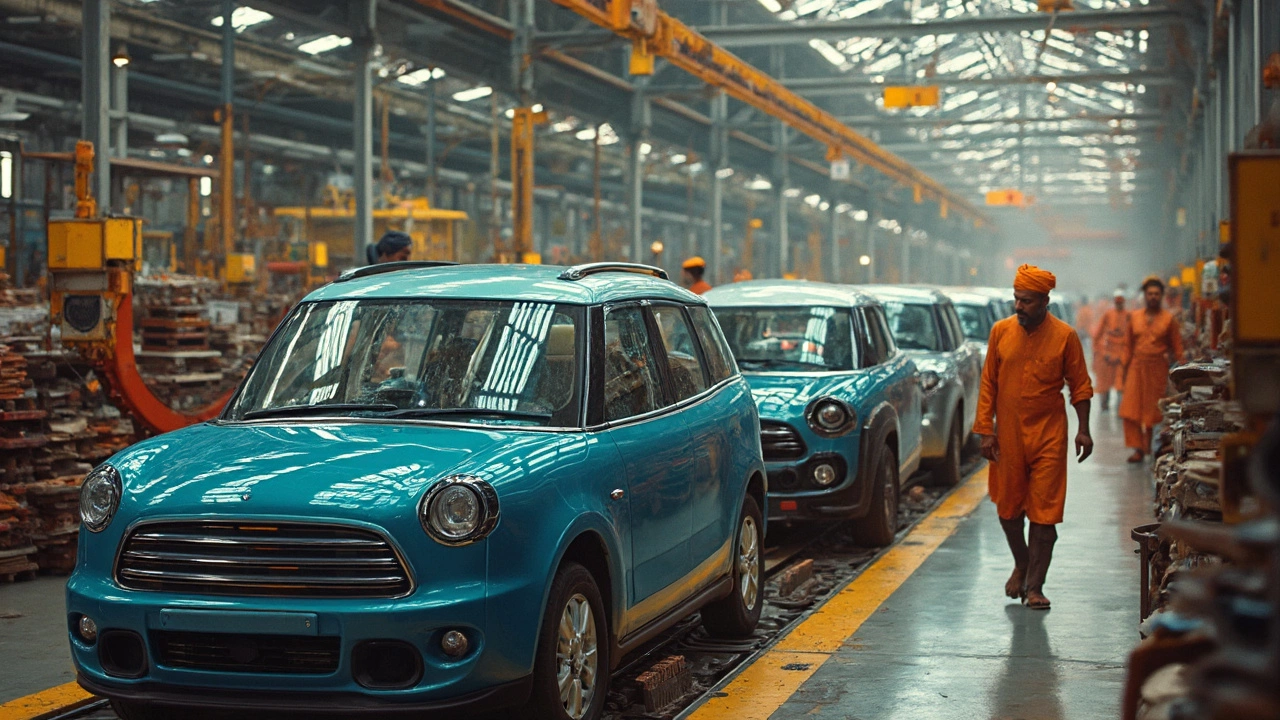Car Prices: What You Need to Know Today
Thinking about buying a car? The first thing you’ll ask is, “How much does it cost?” Car prices change fast – new models, taxes, fuel prices, and even the time of year can swing the number up or down. Knowing where the price comes from helps you spot a real bargain instead of a marketing trick.
Factors That Influence Car Prices
First off, the make and model matter. A popular brand like Maruti Suzuki will usually be cheaper than a premium import because the parts are easier to get and the dealer network is bigger. Second, the engine size and fuel type matter – a diesel or hybrid often carries a higher price tag but can save you money on fuel later.
Third, location plays a big role. Taxes differ state to state, and in some cities you’ll pay extra registration fees or road taxes. Fourth, the car’s age affects the price. A brand‑new vehicle will have the sticker price, while a one‑year‑old model drops a few thousand rupees once the depreciation hits.
Lastly, market demand shifts the numbers. When a new model launches, demand spikes and dealers can hold firm on price. On the flip side, during festive seasons or end‑of‑quarter sales, you’ll see discount offers and cash‑back deals.
Smart Ways to Cut the Cost
Start by checking online price aggregators – they list real‑world transaction prices, not just the showroom quote. Use those numbers to negotiate; a dealer will respect a buyer who comes armed with data.
Consider a certified pre‑owned (CPO) car. CPO vehicles are inspected, come with a warranty, and are usually just a few months older than a brand‑new model, saving you 5‑10% on price.
Finance wisely. Short‑term loans look attractive but add up in interest. If you can pay cash or a larger down‑payment, you’ll get a lower overall cost. Also, ask about dealer‑provided insurance bundles – sometimes they’re cheaper than buying separate policies.
Don’t forget to factor in running costs. A car with better mileage or lower maintenance requirements can be cheaper over five years, even if the upfront price is a bit higher.
Finally, time your purchase. End‑of‑financial‑year sales, clearance events, and holiday festivals often bring the steepest discounts. Mark your calendar and be ready to act fast when the price drops.
By understanding what drives car prices and using a few simple strategies, you can walk into a dealership confident that you’re getting a fair deal. Happy car hunting!
Why Are Indian Cars So Expensive?
Indian cars often surprise buyers with their high price tags, a result of various factors intertwined in the automobile manufacturing landscape. Taxes, import duties, and premium features play significant roles in driving up costs, while supply chain logistics add another layer of complexity. Understanding these elements can offer consumers valuable insight into why owning a car in India might burn a hole in the pocket. Delving into key aspects can clarify how these factors affect the final price.
